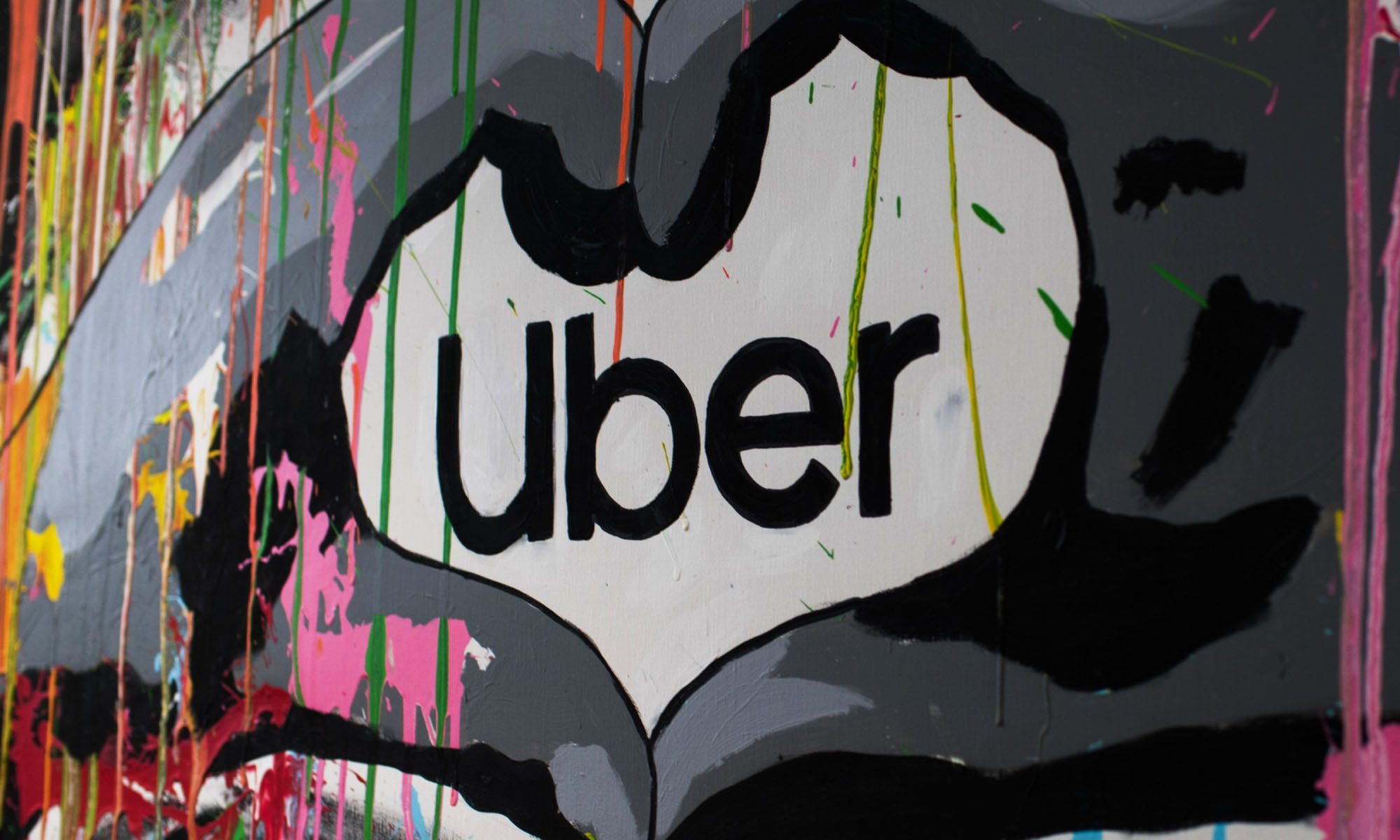News
Uber Blames Lapsus$ Hacking Collective For Data Breach
The hack targeted a Slack channel using a password purchased from the dark web, though the company claims no client data was compromised.

Lapsus$ is a collective of hackers famous for ransomware attacks and data theft from huge companies such as Microsoft, Vodafone and Nvidia. Now, the group has successfully targeted ride-sharing giant Uber.
Uber’s systems were breached sometime last week, with employees discovering the hack on Thursday, 15th September. The infiltrator announced their actions on the company’s internal Slack account with a message that read: “I announce I am a hacker and Uber has suffered a data breach.”
Uber claims the hacker is associated with the Lapsus$ group. If that’s true, it means they could also be responsible for a massive data breach of Rockstar Games and its upcoming Grand Theft Auto VI (GTA 6) release, as the attacker announced that they were, in fact, the same person.
As far as Uber is concerned, no customer data was compromised during the hack, with the breach targeting invoice management tools and content from Slack channels.
In a new update about the fiasco, Uber believes the attack happened after the hacker purchased a corporate password on the dark web from a personal device that was infected with malware. Even though 2-factor authentication was activated, the contractor inexplicably allowed a login approval request, which granted entry to the account.
Since the data breach, the company has forced all users to change their login credentials and is adamant that any public-facing financial data or personal information remains secure.
Also Read: DDoS Attacks Are A Growing Threat In Gaming
“First and foremost, we’ve not seen that the attacker accessed the production (i.e. public-facing) systems that power our apps; any user accounts; or the databases we use to store sensitive user information, like credit card numbers, user bank account info, or trip history. We also encrypt credit card information and personal health data, offering a further layer of protection,” says Uber in an official statement.
To add to the embarrassment, Uber admits that the hacker accessed the company’s dashboard portal at HackerOne, where researchers report security bugs and vulnerabilities. In addition to law enforcement, Uber is now working alongside leading digital forensics teams to get to the bottom of the breach.
News
Mamo Completes $3.4M Funding Round To Enhance Fintech Services
The startup will use the influx of cash to expand into Saudi Arabia and across the wider GCC while improving its product offering.

UAE-based fintech Mamo has announced the completion of a $3.4 million funding round that will help the startup extend its market presence and improve its product offering. Investors included 4DX Ventures, the Dubai Future District Fund and Cyfr Capital.
Mamo’s platform offers “payment collection, corporate cards and expense management” to help small and medium-sized businesses consolidate and streamline their operations. With the latest influx of capital, Mamo will further develop its comprehensive suite of services and begin testing its product lines in Saudi Arabia, further extending its footprint across the GCC.
Imad Gharazeddine, co-founder and CEO of Mamo, stated: “We’ve been in the market for a while now and are incredibly proud of what our team has achieved. The holistic and expansive nature of our product offering has helped us continue to grow sustainably. This additional funding will allow us to reach our medium-term goals even faster. The support from new and existing investors is a testament to our strong expertise and the ability to deliver on our customer promise”.
Daniel Marlo, General Partner of lead investor 4DX Ventures, added: “We have immense trust in Imad’s vision, leadership and Mamo’s innovative approach to provide a user-friendly and comprehensive financial solution for SMEs that makes financial management more accessible and efficient. We are proud to partner with them and support their mission”.
Also Read: A Guide To Digital Payment Methods In The Middle East
Amer Fatayer, Managing Director of Dubai Future District Fund’s investment team, also commented: “Mamo’s localized product lines serve as an infrastructure for SME payments and spend management in UAE, a segment that is underserved by the country’s current banking infrastructure. The team has taken a product-first approach to consolidating SMEs’ financial journeys and building a fintech solution deeply embedded in a business’s core operations”.
To date, Mamo has raised around $13 million in investment funding and now boasts a team of 30 people. The company’s intuitive financial services platform has allowed over 1,000 businesses to consolidate their financial operations and significantly reduce payment fees.
-

 News4 weeks ago
News4 weeks agoAmazon Prime Day 2024: Get Ready For 6 Days Of Amazing Deals
-

 News4 weeks ago
News4 weeks agoSamsung Unpacked 2024: What To Expect From The July 10 Event
-

 News4 weeks ago
News4 weeks agoCoursera Report Shows Surge In UAE Interest In AI Upskilling
-

 News4 weeks ago
News4 weeks agoMeet Dubai’s Groundbreaking Smart Robot Delivery Assistant
















